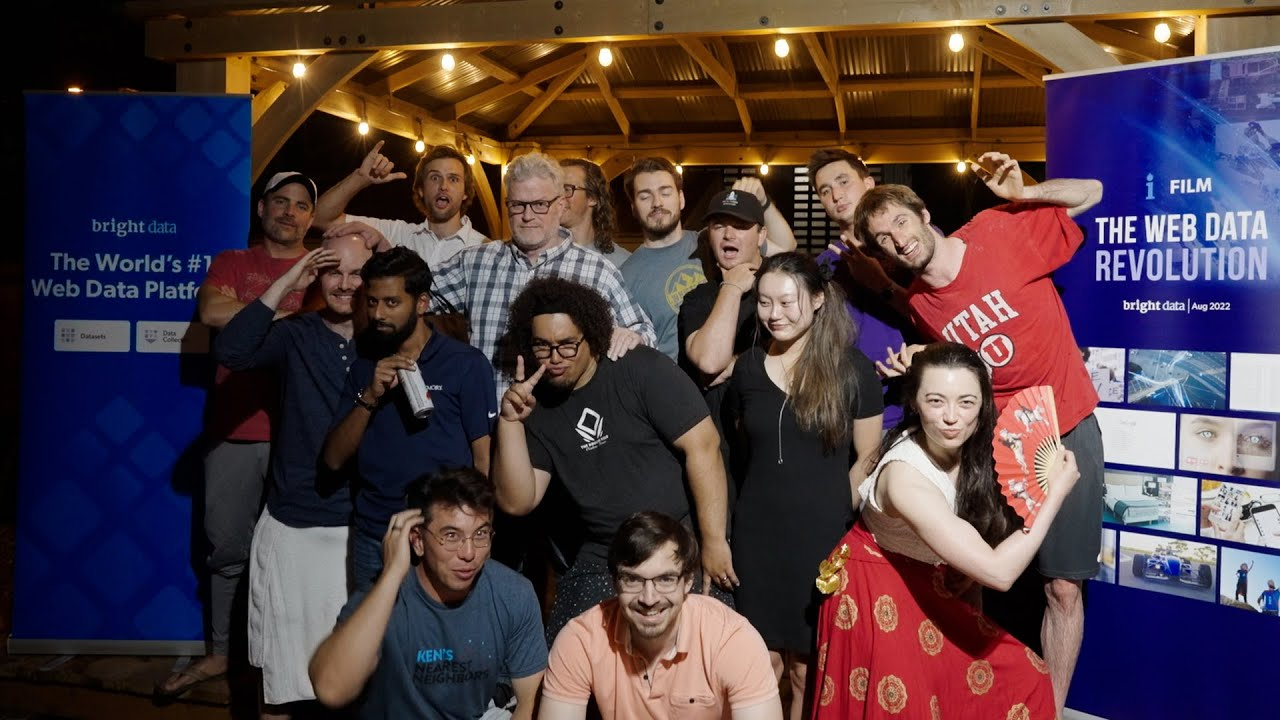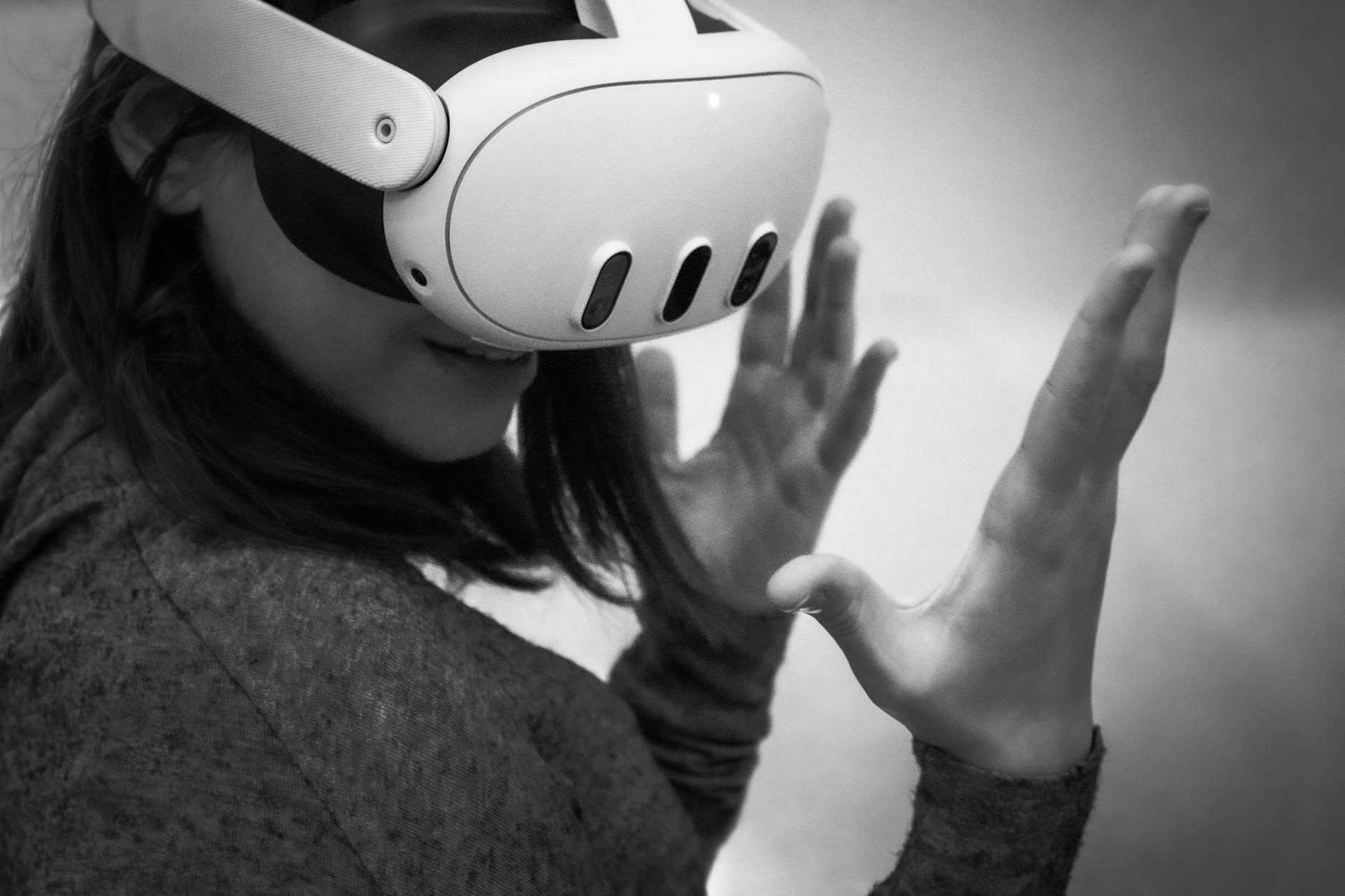Wikipedia has lost its High Court challenge against the Online Safety Act – but what does that actually mean?
The act introduced age-verification and tighter moderation requirements for what content internet users can find last month.
Content aimed at children that promotes pornography, suicide, self-harm and eating disorders must be restricted. While social media websites will be required to introduce features that allow users to choose to encounter lower amounts of harmful content.
The Wikimedia Foundation, which operates Wikipedia, has said it is unable to comply with this and that the encyclopedia may be blocked as a result.
The non-profit lodged a legal challenge against the regulations earlier this year, one that a judge has now dismissed.
Yesterday’s ruling, experts told Metro, captures just how different the internet is from what it was decades ago.
What’s going on?

Wikimedia has said that it is unable to comply with the new law, so risks being fined or blocked by media regulator Ofcom.
Under the bill, Wikipedia would be classed as a ‘Category 1’ service, the most stringent class that requires it to verify the identity of contributors.
Wikimedia argued that this would open Wikipedia up to vandalism, while users could be exposed to data breaches, lawsuits and ‘even imprisonment by authoritarian regimes’.
The non-profit said that in taking steps to prevent children from seeing illicit material, the availability of information online will be restricted.
It said Wikipedia should be made exempt from the law, one intended for large platforms like social media networks and pornography websites.
If not, it would need to cut the number of people in the UK who could access the site by about three-quarters or disable key functions.
The government’s lawyers argued that officials had considered whether Wikipedia should be exempt but had reasonably rejected the idea.
What did the court say?

The court ultimately dismissed Wikimedia’s judicial review, but Justice Johnson said Wikimedia has two grounds to lodge another.
Ofcom hasn’t officially said that Wikipedia would be a category 1 service. If the regulator does classify it as one, and the website can no longer operate, it could lodge another complaint.
The court stressed, however, that the ruling ‘does not give Ofcom and the Secretary of State [for Science, Innovation and Technology] a green light to implement a regime that would significantly impede Wikipedia’s operations’.
The government welcomed the decision, one it said will help ministers ‘create a safer online world for everyone’. Ofcom said it has ‘noted’ the judgement.
Why does this matter?

But tech experts, digital privacy campaigners and free speech activists told Metro that this might not be an internet with ‘everyone’ in mind.
Twenty years ago, they said, as people loaded up janky forums as their dial-up spluttered, the web was a place where anonymity was expected.
‘Wikipedia grew out of that ethos,’ Tim Grieveson, chief security officer at cybersecurity organisation, ThingsRecon, told Metro. ‘Volunteer-driven, anonymous contributions, assembled through trust, not corporate control.
‘The High Court ruling isn’t just a legal matter. It’s a symbol of how dramatically the digital world has changed.’
Ciarán Murray, CEO and founder of the decentralised media platform Olas, agrees.
Anonymity doesn’t just mean masked trolls; it’s a way for people who cannot live the lives they can offline to be themselves, such as LGBTQ+ people or dissidents living in authoritarian regimes.

‘For many, anonymity is what makes it possible to share knowledge freely and safely,’ Murray added.’ The internet has connected knowledge, perspectives and communities on a scale once impossible, but the systems managing that information haven’t kept pace.’
Child safety charities have welcomed the law, previously telling Metro that it adds ‘much-needed accountability’ and will make it ‘safer’ for young people to browse the internet.
Benjamin Schilz, CEO of the digital workspace platform Wire, told Metro that he sees where the bill’s backers are coming from.
‘Today, 5.56billion people, two-thirds of the world’s population, access the internet,’ he said. ‘It is by far the most influential knowledge source in human history, which makes it both invaluable and vulnerable to manipulation and misinformation.’
Yet, with the bill’s ‘broad’ wording, Schilz said, it’s no wonder that websites like Wikipedia feel like they have to choose between safety and privacy.
‘This should never be a binary debate: public safety and strong data protection can, and must, coexist,’ he said.

‘Blanket regulations risk harming the very platforms that keep the internet open and participatory, such as Wikipedia, by eroding free speech, editorial independence, and the safety of contributors.’
Christoph Schmon, the international policy director at the digital rights group Electronic Frontier Foundation, added: ‘We view [the bill] as poorly drafted and a serious threat to freedom of expression and privacy online.
‘That said, we welcome the court’s firm acknowledgement that it is Ofcom’s job to protect Wikipedia’s operations as the OSA is implemented.’
Wikipedia isn’t alone – admins of hobby forums, like those for hamster care or cycling, say the bill is so far-reaching that it covers their small websites.
Some have closed their message boards, unable to afford age-check software or the fines that would follow if they don’t comply.
James Baker, a platform power programme manager at the campaign group Open Rights Group, said: ‘Harming a valuable resource like Wikipedia would be a massive own goal for the government.

‘But they and Ofcom must not only protect Wikipedia, as directed by the judge yesterday, but also protect small low-risk websites and services who are caught in the crosshairs of the act.’
Keeping young people safe is one of the internet’s biggest challenges.
Asking for private information, the act’s supporters say, may help curb online abuse. Though, some studies suggest that the most aggressive commenters are more likely to reveal their identities.
As necessary as it is to do so, given the psychological impact illicit material and social media can have on children, the Online Safety Act isn’t the complete solution, said Andrew Copson, the chief executive of the charity Humanists UK.
The blanket act curbs freedom of speech and expression, values at the core of the 42-year-old World Wide Web,’ Copson said.
‘The UK Government should think again before it seals its reputation alongside the book-banners of past centuries,’ he added.
Get in touch with our news team by emailing us at [email protected].
For more stories like this, check our news page.










